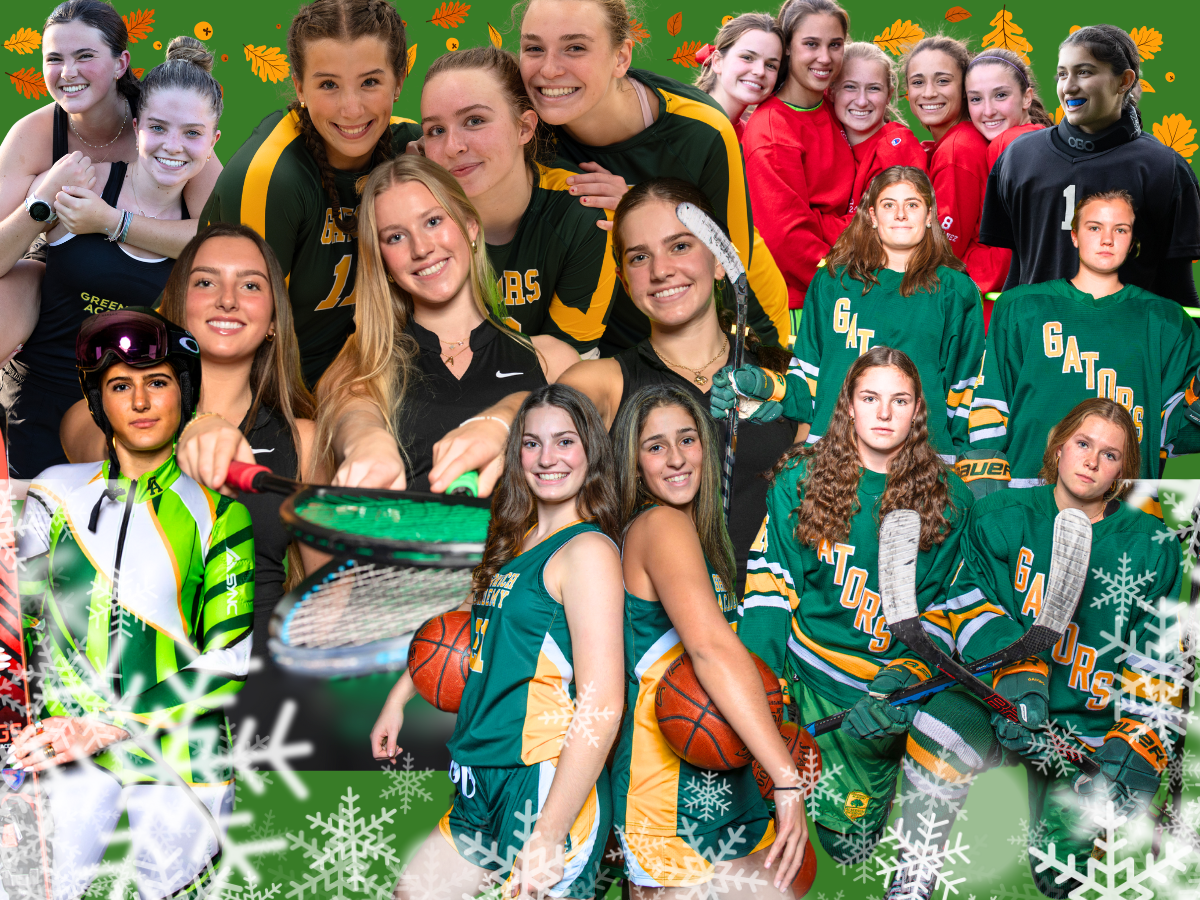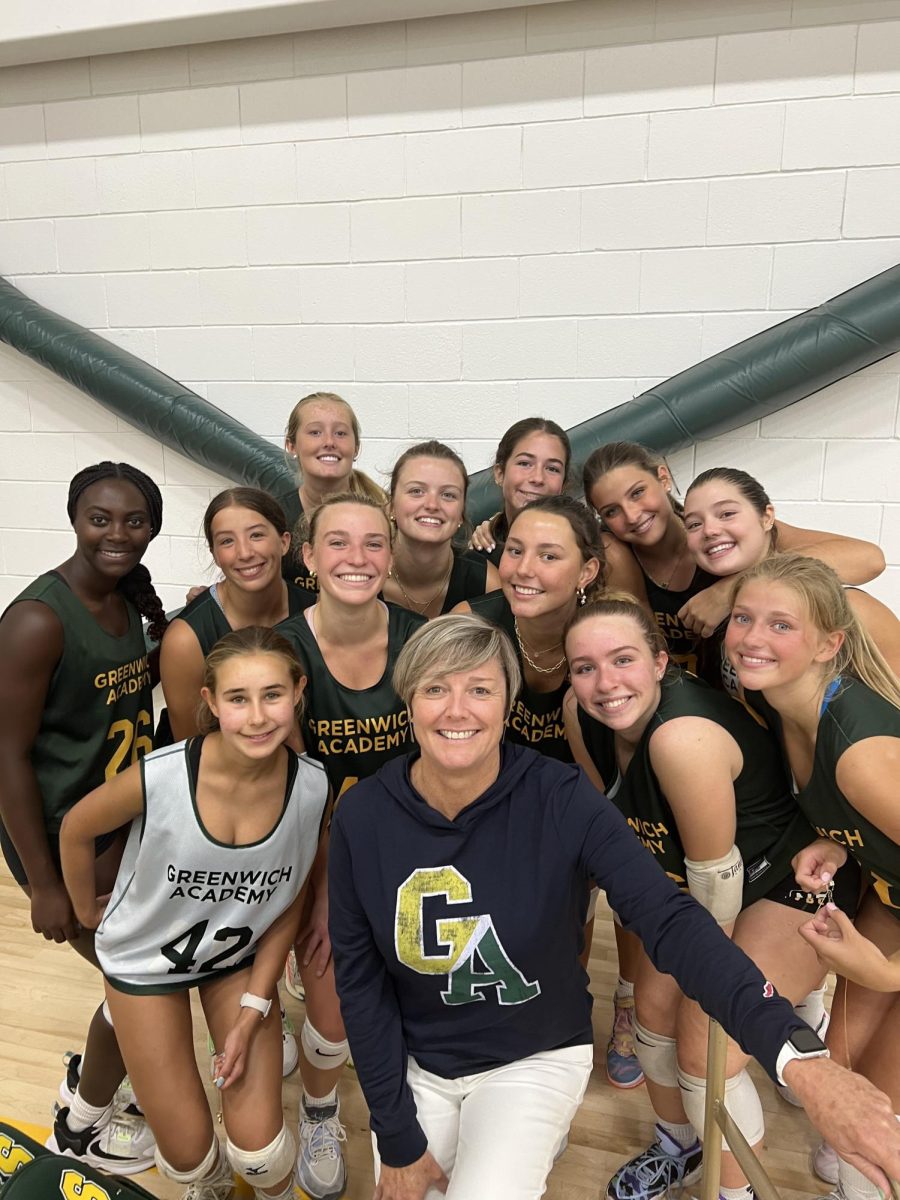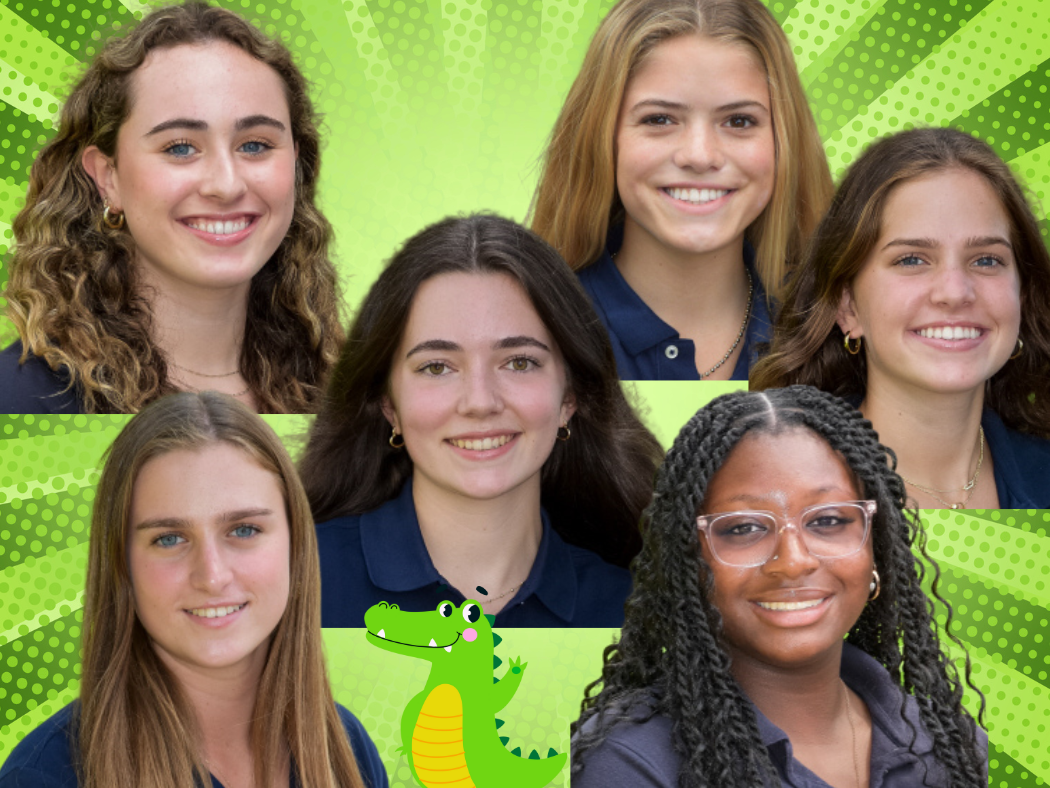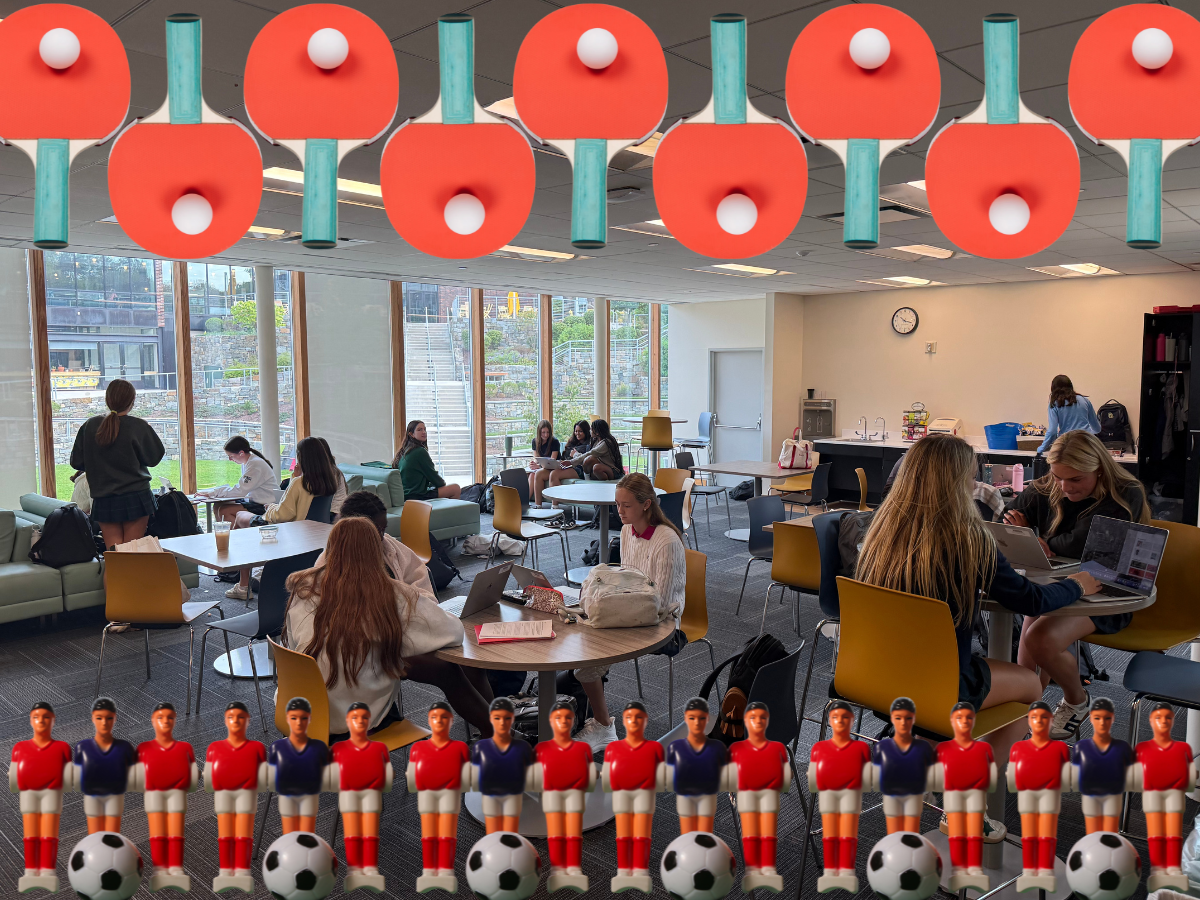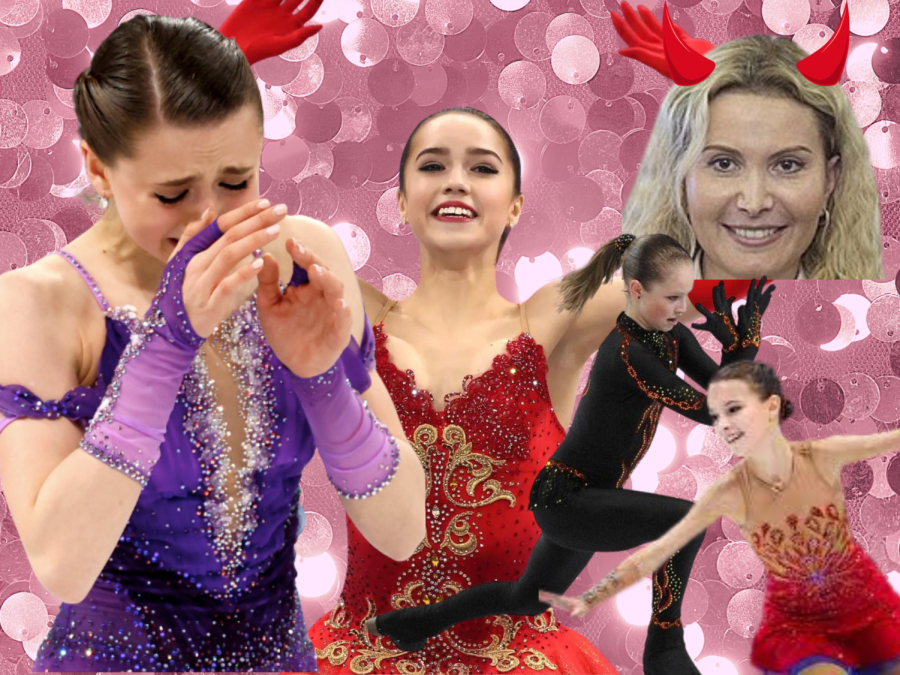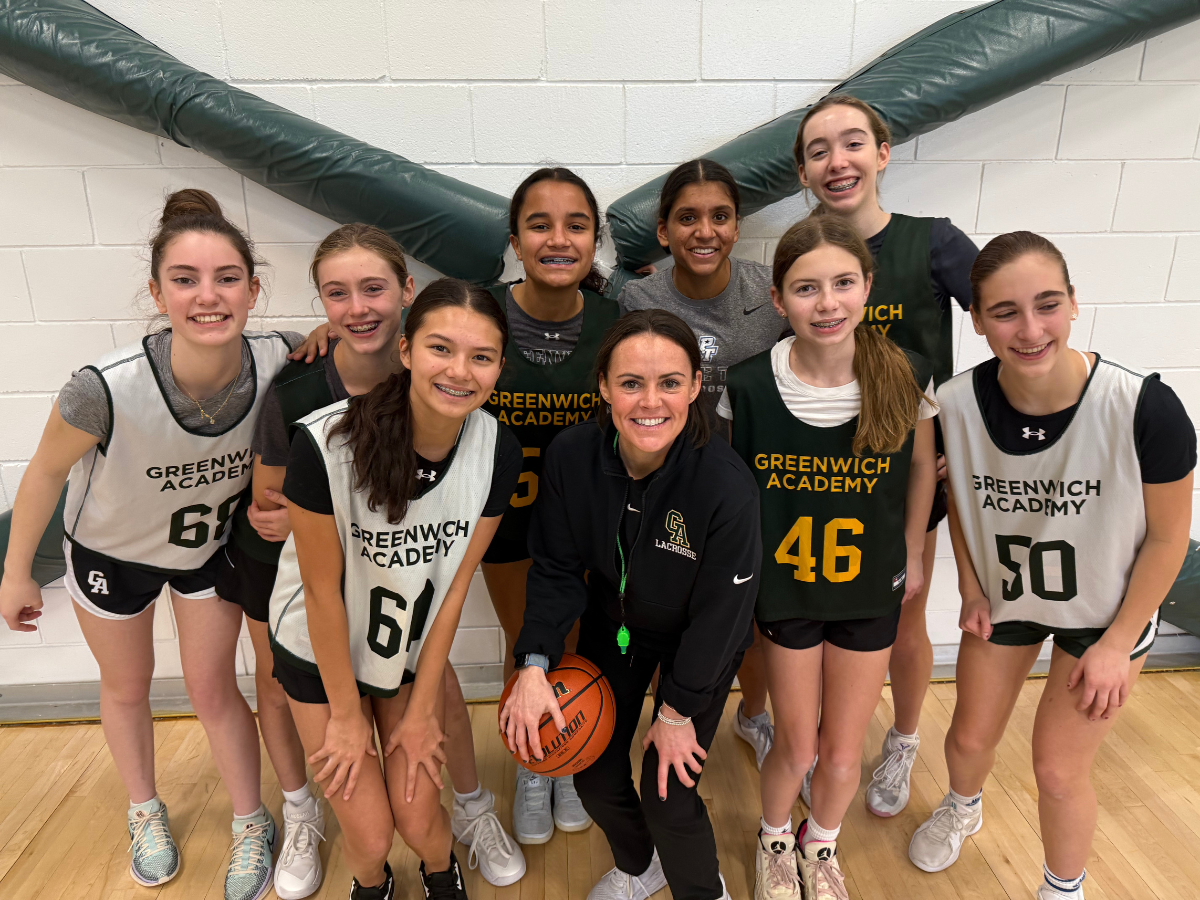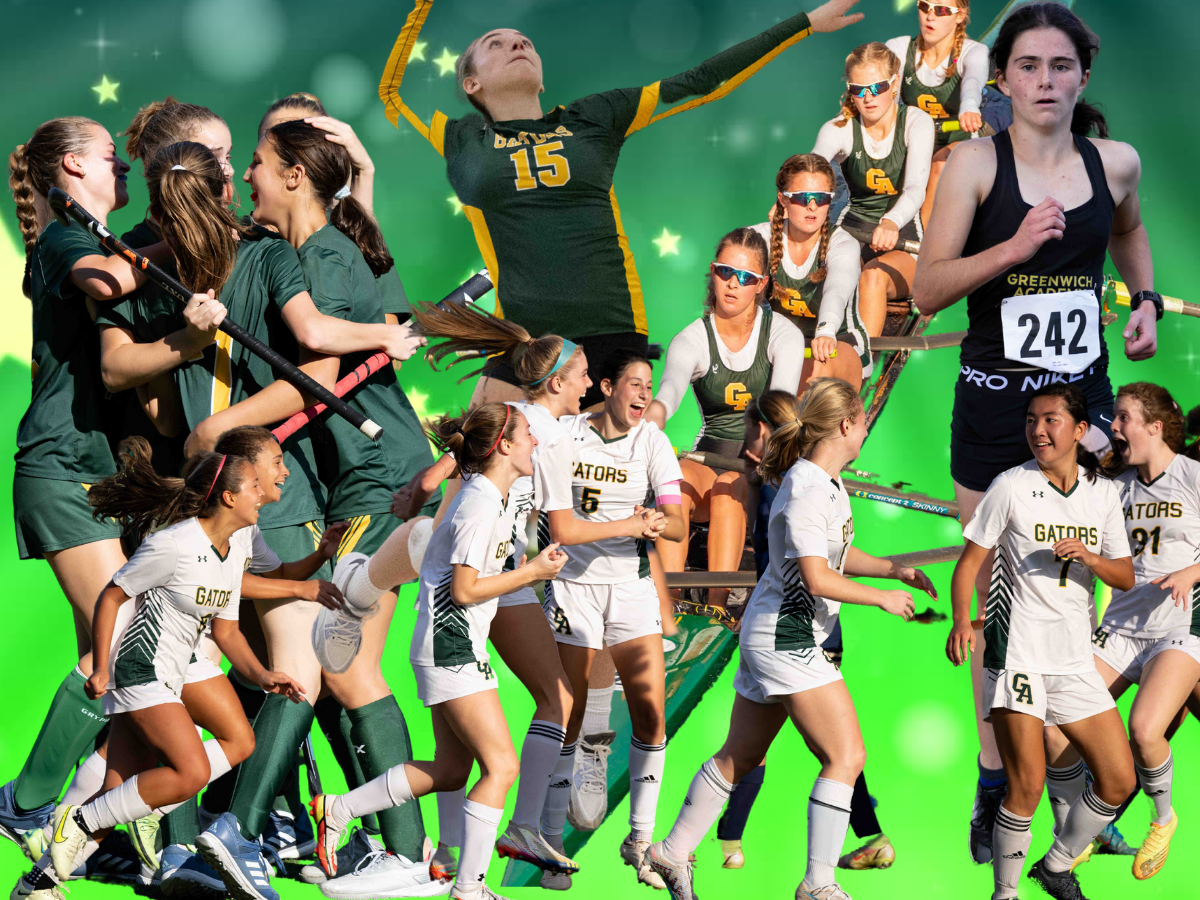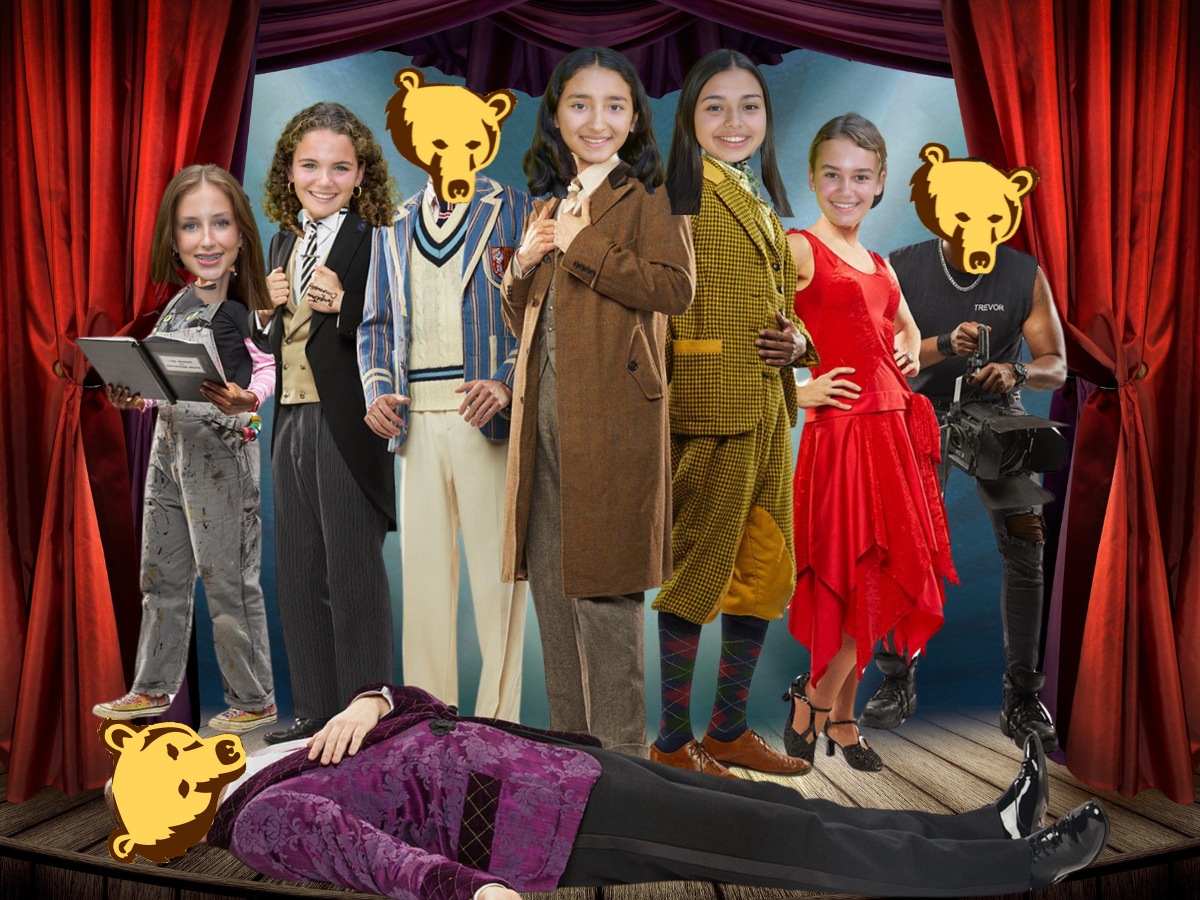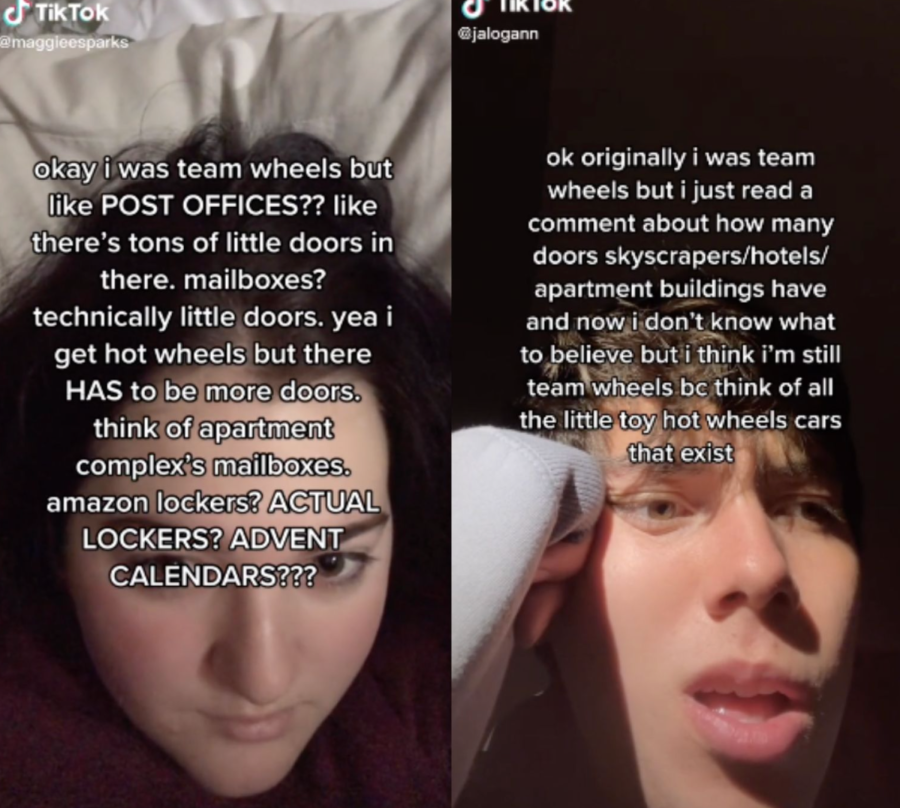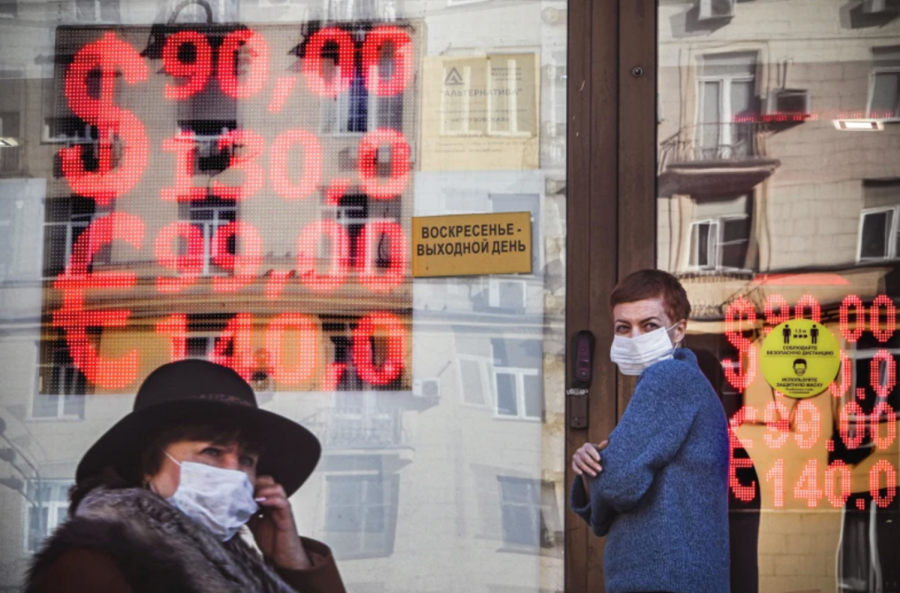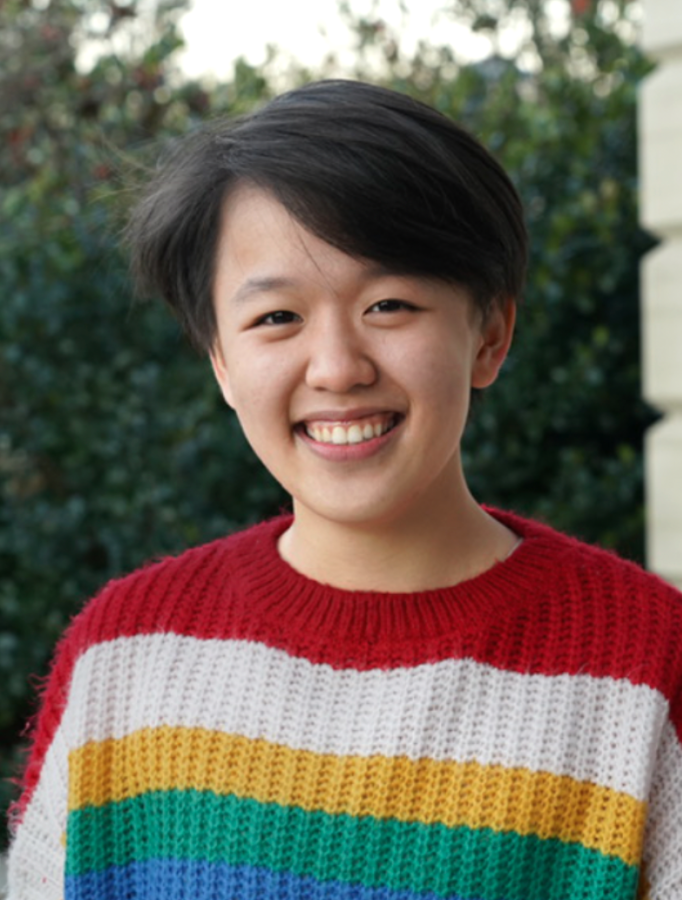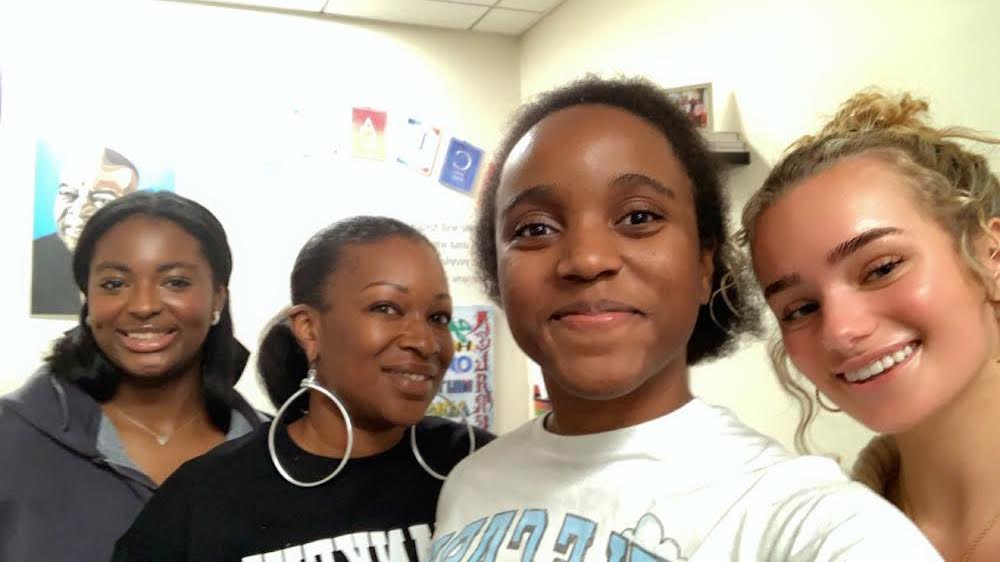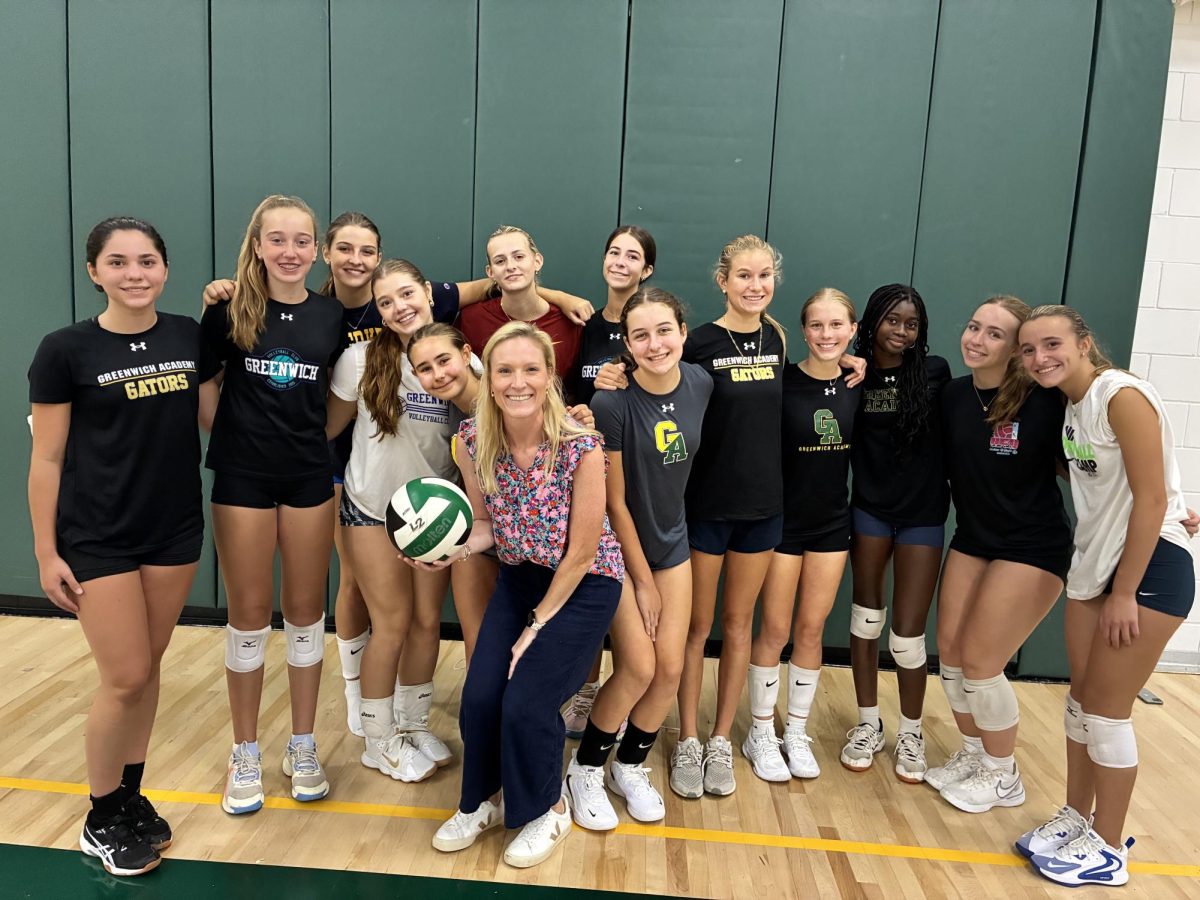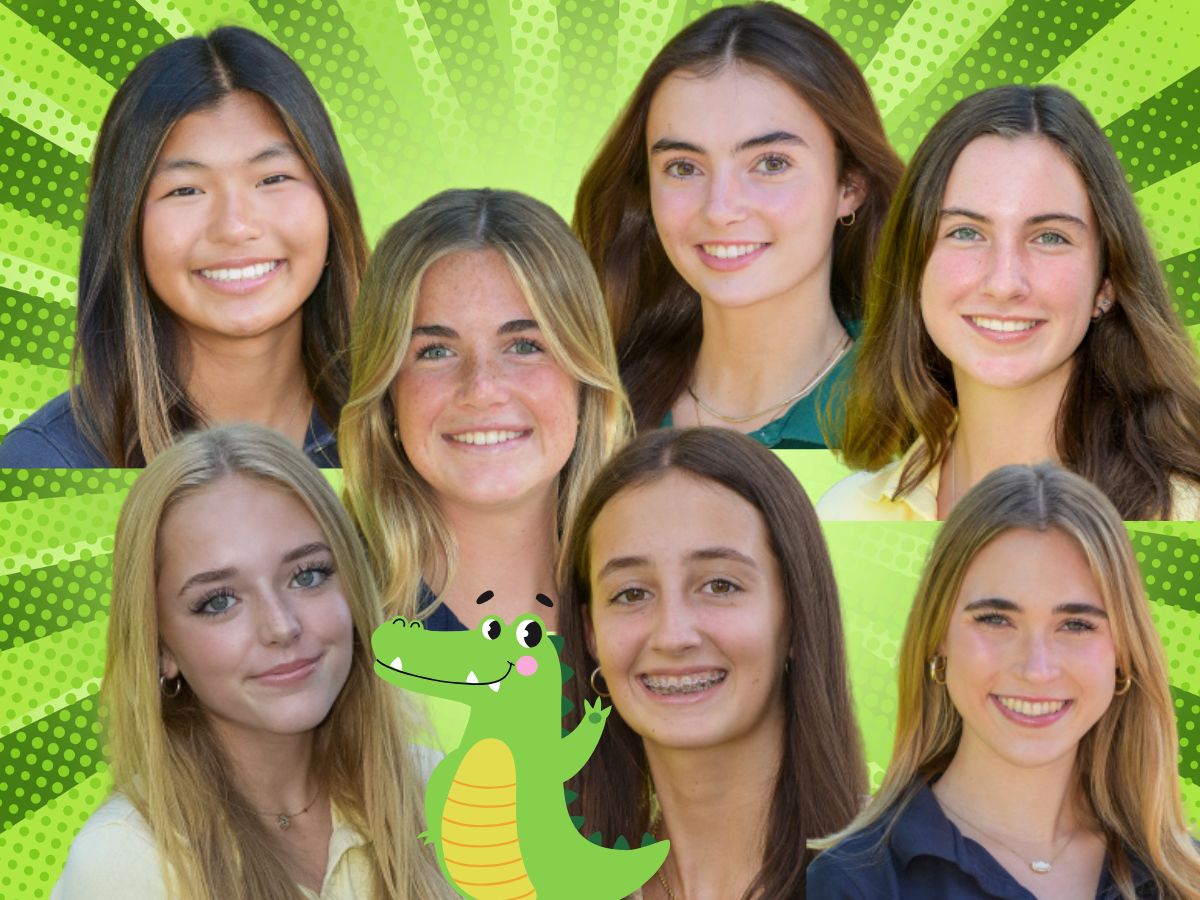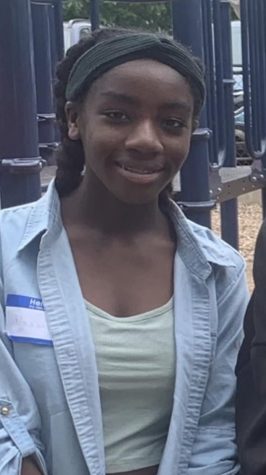Wish you had an older sister? Don’t worry, GALI and SPARC are here to help!
Seeing the separation between the grades in the upper school, students are working to create a new big-little system at Greenwich Academy’s upper school, piloting this spring. Ms. McLaren’s SPARC group and GALI groups hope to increase integration through this new program.
GALI, which stands for the Greenwich Academy Leader Institute, and Ms. McLaren’s SPARC group, which stands for School Participatory Action Research Collaborative, have been working on tackling a problem at GA since the summer. When they encountered the apparent issue of separation between grades in the upper school, especially between upper and lower classmen, they knew it was a situation they could attempt to fix. Then, the idea of a big-little system program was born.
“We wanted this to be throughout your whole four years of high school, you have this family that you could be a part of,” Jenna Antoine, a junior and a member of GALI said. The system will mirror the successful lower and middle school programs, with the addition of every grade participating and monthly meetings during a convenient time. However, behind the creation of this program are a lot of steps to complete, problems to solve, and work that needs to be done.
The idea came about in the summer of 2023 when 10 sophomores went on a leadership retreat to upstate New York where they discussed issues at GA. After recognizing different issues, they decided to focus on the issue of separation between the grades. Similarly, Ms. McLaren’s SPARC group was inspired by the research conducted by Ms. Gannon’s SPARC group, who graduated last year. The Gannon group’s research focused on the impact of having a sibling in the upper school and wondered if a big-little sister program would assist with the feeling of belonging in the community.
“We wanted to start a pilot program, but, SPARC groups…are not known for doing actual pilot programs, so we were paused,” Ms. McLaren remarked. “We then realized, after we submitted our design memo, that GALI is also working on something similar.” The two groups then started to work together. GALI would launch the pilot program, while the SPARC group would focus on research by conducting observations and asking questions as time progressed. “It just made sense to collaborate,” she said.
Of course, there are always problems when introducing a program. Would this interfere with the peer system between freshmen and seniors at Brunswick and GA? “Peer has a beginning date and an end. And after the first semester, you never meet up with the people again, it’s over,” Antoine noted. The new system would involve the whole school throughout all four years and specifically strengthen the bond between GA students. Finding a convenient time for everyone to meet was also a challenge. “It shouldn’t be like a big commitment,” Antoine explained. “We would just meet one time a month, but it was a hard decision to choose when to meet. During the flex period? Before school on Wednesday? During advisory? Everyone has a different schedule.”
A concern many people may have is groups of girls not being matches for each other. Antoine laughed and stated she had the same worry. “We are gonna send out a survey to pair students by similar interests, not by random pairings.” SPARC and GALI are still deciding whether to pair students purely via advisories or interest-based surveys. However, the pilot program will be four advisories from each grade, chosen by whether advisors have SPARC groups or run GALI. Participating advisories are the Ms. Kraunelis Xs, Mrs. McLaren & Ms. Sandes’ in Group X, the Delapenha-Doyle juniors and Mr. Walker’s seniors.
If the pilot program is a success and is integrated into the upper school system, students will have a family to rely on throughout their high school experience. “Exam tips, study habits, working through friendships and struggles—these are all things that you could talk about with your group,” Antoine remarked. “When I came to GA freshman year, I was scared of talking to juniors and seniors. I feel like this will be a good thing for lowerclassmen especially.” Separation and the feeling of belonging in the community have always been a focus of GA, as it is quite prominent in the upper school. GALI and SPARC are not the only groups of students who have noticed this issue. Drae Vizcarra, a junior who arrived at GA in fifth grade, said “When I was a freshman, I looked up to the ‘wise’ juniors. I felt like they were superior to me, which made them unapproachable.” When asked about the possible effectiveness of the new system, she responded, “I hope that through this, people will feel like they’re friends and see each other as equals. I especially hope that lowerclassmen get over the barrier of fearing upperclassmen.”
If the pilot program is a success, then it may be integrated into the school for future years and eventually create a more connected upper school. GALI and SPARC have been determined to make this idea a reality, by going on trips, creating pitches, and dedicating hours of work toward this program. Not only will it benefit lowerclassmen, but it will also create a tight-knit family students can fall back to. Besides, who wouldn’t want an older sister right down the hall?
